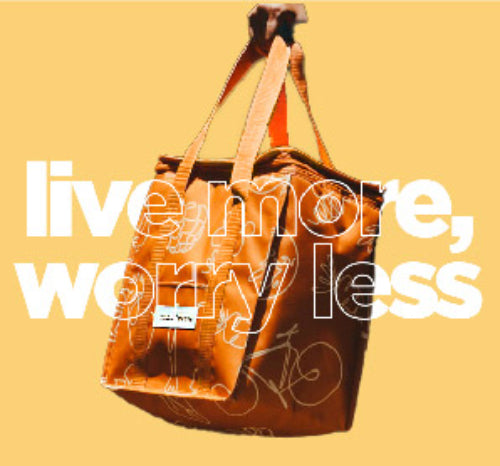more than food
Use Feng Shui to Increase Your WFH Productivity
When the world went into lockdown last March, most of us couldn’t have anticipated how long we’d be working remotely. Perhaps at first you set your laptop up at the kitchen table. Then months stretched on, so you invested in a real desk, an ergonomic chair, maybe even a monitor. Now we’re ten months into COVID, with some offices in D.C. expected to remain closed through June, and many companies allowing permanent WFH or other flexible arrangements. If your workspace still feels less than ideal—whether it’s distracting, agitating or just plain dull—it’s time to get serious about your setup. Enter: the harmonizing practice of Feng Shui.
We talked to D.C. based Feng Shui expert Stacy Scott about how you can apply the principles of Feng Shui to reinvent your home office and thereby shift your work life. Scott takes a person-centric approach to the philosophy that’s grounded in personal transformation and intentionality. “What we think, believe and strive for really comes out through our home,” she said. “You’d be amazed how many people are mismatched.”
The first step in upgrading your home-office Feng Shui: Assess what kind of energy you’re seeking in your work space. Write it down and meditate on the way your current office space is making you feel. What are some of the qualities that your WFH space is bringing up for you? What is the most dominant emotion that you feel working from home? And then, how do you want to feel in your workspace? We all want to enhance our productivity, but there are different paths to get there. Some of us need to get charged up, while others need to reduce stimulation.
Based on your findings, Scott has ideas to get you started on making practical changes to refine your home-office Feng Shui.
For more calm and groundedness...
As Scott explains, the energy of work (yang) and the energy of rest (yin) don’t always play well together. She suggests one practical way to invite calming yin energy in is through simple color changes. “In Feng Shui, browns, yellows, peaches and pinks are aligned with earth energy, especially in pastels.” If you can’t paint your walls, you can always swap out the chair that you sit on, or buy a new rug that you place under your desk. Also, be mindful about your home office furniture arrangement relative to your door. “You never want your back to a door,” said Scott. “When your back is exposed, it actually raises your limbic system and results in a low level state of fight or flight.” If you can’t arrange your desk to face the door for any reason, or you prefer facing a window, consider investing in a mirror to allow you to see your door, or place a bell on your door that would alert you if someone were to enter. Even if you live alone, this can support a more calming energy.
For better focus and motivation...
As Scott explains, it can be helpful to have objects around that remind us of how far we’ve come and where we hope to go. “Hang things up on the walls that keep you motivated. Hang up your degree, your accolades or awards you’ve gotten.” If you’re having a hard time focusing and your space is either impermanent or part of another mixed-use area of your home (such as a desk in your bedroom, or a corner of your living room or kitchen) double down on your focus by simulating some sense of boundary between your work and the rest of the area. Scott advises her clients to do this with three items: a shoji screen or other room divider, a rug and a plant. “Go with a palm tree or something that grows up and has a little bit of movement to it,” she said.
For inspiration and creativity…
If you often feel stuck or creatively blocked in your current workspace, it might be worth evaluating your clutter situation. “Decluttering is one of the toughest challenges you can take on because it brings up emotions we often would rather not deal with,” said Scott. “Making space in your home truly helps you make space for growth and new perspectives in your life.” Of course, we can’t avoid all clutter, and there’s no sense striving for perfection in terms of organization. But decluttering allows you to uncover what exactly is behind your need to hang onto certain items. Consider that the concern, “What if I need this someday?” is strongly connected to a scarcity mindset. When you can trust that you have all that you need, and are willing to let go of “what ifs,” you can gradually shift to a mindset of abundance, which tends to foster creativity.
Don’t forget to check back in after you’ve made changes. “I don’t think we always realize just how much we are energetically tied to our space,” said Scott. “When something starts to not feel great, you can shift the energy around to then shift the energy in your body.”









